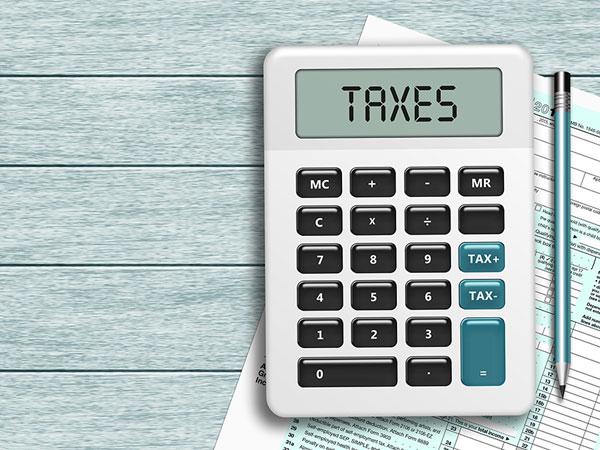- 7 minutes read
Table of contents
Corporate tax is a tax on the profits made by companies or corporations. It is paid on the taxable profits earned during a company’s financial year. The rate of corporate tax varies depending on the country, but it is usually a percentage of the company’s profits.
It is levied on the company’s profits after deducting allowable expenses, such as wages, rent, and other operating costs.
The revenue generated from corporate tax is usually used for financing of public services such as healthcare, education, e.t.c. The amount of corporate tax paid by a company can have a significant impact on financial performance and profitability of the state.
Who pays corporate tax?
In general companies or corporations that are registered as legal entities in a country are subject to pay this duty. It should be paid on the profits that the company generates during a given financial year.
In some countries, corporations that are not resident in the country may also be required to pay it on profits generated from business activities in that country. In addition, some countries may have specific legal rules for certain types of companies, such as foreign companies that operate in the country, small businesses, or non-profit organizations.
In general, companies are responsible for calculating their own corporate tax liability and submitting their tax returns to the relevant authority.
Quickly select a jurisdiction and register your company anywhere in the world online
How much corporate tax do I pay?
The amount of the levy that a company pays varies depending on the country and its rate applicable to that country. Generally, it is calculated as a percentage of the taxable profits earned by the company during a given financial year.
In some countries, such as the United Kingdom, there may be different rates depending on the size of the company and the amount of profits it earns. It is important for companies to accurately calculate the amount of their liability to avoid underpaying or overpaying. Failure to pay the correct amount of corporate tax can result in penalties and interest charges.
Companies typically deduct allowable expenses from their profits, such as wages, rent, and other operating costs to determine the amount owed. The resulting amount is the profit, to which the relevant tax rate is applied.

To calculate your liability, you will need to determine your taxable profits, which is the total income of your company less any allowable expenses and deductions. The levy rate varies by country, so it’s important to determine the applicable rate for your jurisdiction.
Here is a basic formula for calculating:
Calculate your company’s pretax income: This is the total revenue of your company less applicable expenses and deductions.
Tax reconciliation: If your company is eligible for any reliefs or allowances, these should be applied to your taxable profits to reduce your liability. This process is usually referred to as a tax reconciliation and meant to bring income calculated by accounting rules to the income based on the tax rules. It can both increase and decrease the taxable income as opposed to accounting pretax income.
Multiply your taxable income by the applicable tax rate: The corporate tax rate varies by country, so it’s important to determine the applicable tax rate to calculate your corporate tax liability.
Corporate tax payment methods
The payment methods vary depending on the country and the authority in charge. In general, there are several common methods of payment that companies may use:
- Electronic payment
- Bank transfer
- Cheque
- Direct Debit

Corporate tax penalties
The penalties vary depending on the country and authority in charge, but some common types of penalties include:
Late Payment Penalties
If a company fails to pay its corporate tax on time, it will face a late payment penalty. The penalty is usually a percentage of the unpaid amount and increases over time. The longer the company takes to pay, the higher the penalty will be. It’s essential to ensure that you pay your levy on time to avoid late payment penalties.
Late Filing Penalties
Companies must submit their corporate tax returns by a specific deadline. If they fail to do so, they may face a late filing penalty. The penalty amount varies depending on how late the return is filed and can be a fixed amount or a percentage of the unpaid amounts.
Inaccurate Tax Returns Penalties
If a company makes errors on its corporate tax return, it may face an inaccurate tax return penalty. The penalty amount can be a percentage of the unpaid tax or a fixed amount, depending on the country and tax authority. It’s important to ensure that you submit accurate tax returns to avoid these penalties.
Deliberate Tax Evasion Penalties
If a company deliberately tries to avoid paying its corporate tax, it may face significant penalties. These penalties can include fines, imprisonment, and even asset seizure. It’s crucial to ensure that you comply with all tax laws and regulations to avoid facing penalties for deliberate tax evasion.













